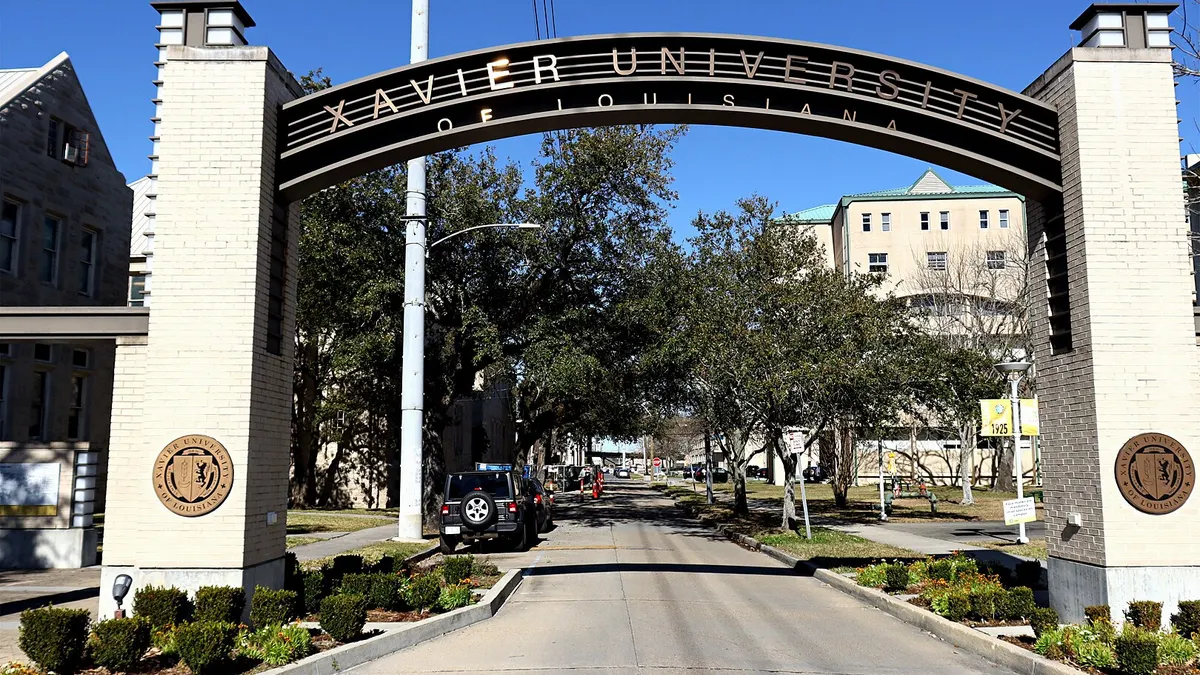Dive Brief:
- The American Council on Education announced in a new initiative that will convert work experience in a variety of fields into valid professional credentials accessible online to prospective employers.
- The Lumina Foundation kick-started the program with a $1.5 million grant, to spur greater connectivity between working professionals seeking continuing education and using their work experience in place of credits earned in a traditional or virtual classroom. ACE officials said the program will empower learners to showcase skills and employers to be more efficient in talent-spotting.
- The initiative was developed in partnership with digital credentialing company Credly. "We know that only a fraction of learning occurs in a traditional education setting," said Jonathan Finkelstein, founder, and CEO of Credly, in a statement. "On-the-job learning, like school-based learning, needs to be translated into a data-rich format that can be read by both college admissions systems and the recruiting and talent management systems that large employers rely upon. This is also about employers creating cultures of achievement and recognition to attract and retain mobile employees and about providing learners with portable tools to track and share what they know and what they can do."
Dive Insight:
The ACE program should put college presidents on high alert about the future of academic offerings and industrial value of higher education. More frequently, companies are looking for experienced workers who can demonstrate skill in labor, communication, management and creativity. The initiative primarily allows workers to turn their workplace experiences into classroom time, and in short order, they might also be able to demonstrate the theoretical and practical training that may make them eligible for to receive federal financial aid from students.
Presidents and other administrators should consider partnerships with large employers in their cities and states in an effort to attract traditional and continuing education learners, invite corporate funding opportunities, and potentially intrigue federal officials in ‘the future of education’ training hubs. Without these partnerships, campuses may find national resources and students will become shrinking commodities in a rapidly changing higher education industry.







